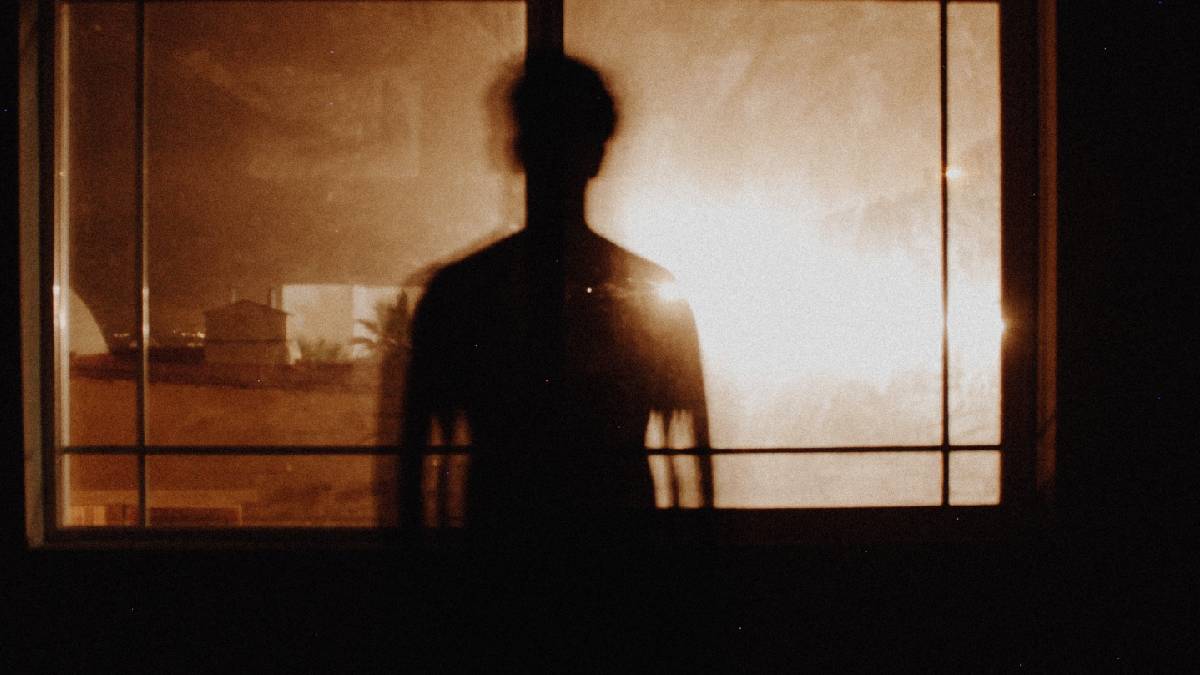
Why Integration, Not Isolation, Is The Key To Addressing The 'Incel' Phenomenon
Incels catch a bad rap because of the actions of the loudest voices in the community. Here's why the solution to the problem lies at the micro and macrolevel.

By Mark Travers, Ph.D. | April 16, 2023
Incels are men who feel they are 'involuntarily celibate' and blame women for their lack of sexual and/or romantic success. Despite psychological research delving into the incel phenomenon, we still struggle to address the root causes behind why so many young men are drawn to this dangerous and destructive movement.
Here are two insights that can help us put this issue in perspective and effectively dissuade young men from falling into the incel trap or other related movements such as mens' rights activism (MRAs), men who go their own way (MGTOWs), and father's rights groups.
#1. Young men who subscribe to the incel movement tend to be marginalized
In a 2022 interview with British journalist Piers Morgan, Jordan Peterson, a controversial Canadian psychologist, was asked if he considers himself the 'intellectual hero' of the incel community.
Peterson replied, "It's very difficult to understand how demoralized people are, and certainly, many young men are in that category. They don't know how to make themselves attractive to women who tend to be picky, and rightly so. But these men are lonesome, and everyone piles abuse on them."
A recent study published in Current Psychology found that incels experience more loneliness and less social support than non-incel men. This is associated with multiple mental health and relational issues. When these lonely men find an online community that seems to 'understand' them by virtue of shared experiences, they flock to it for a sense of belonging and fail to see how toxic it actually is.
At the core of the incel community is a sense of inferiority and sexual and romantic insignificance, which manifests itself in the form of hatred toward women, who they believe are directly responsible for their issues. Once they are indoctrinated into the ideology of the community, a herd mentality kicks in, and they cannot break out of the chains of virulent misogyny, leading to further marginalization.
To address this, it is vital to re-examine how we, as a society, treat those who may feel unattractive or otherwise unseen by the opposite gender. The widespread mocking, bullying, meme-ifying, and othering of those who are lonely needs to be curbed – and a supportive approach toward self-improvement needs to become the norm.
This is not to say that everyone who feels marginalized turns to toxic communities for support. The incel community tends to attract people with certain pre-existing psychopathologies, which leads to the next point:
#2. Incels often struggle with serious, unaddressed mental health conditions
A new study published in The Journal of Sexual Medicine found that men who scored high on incel traits were also likely to be depressed, anxious, and paranoid individuals. Moreover, the same men were found to be more likely (compared to those who scored low on incel traits) to possess a fearful attachment style. The study also found that scoring high on scales measuring paranoia, depression, and a fearful attachment style could predict the emergence of incel traits.
In one interview, the lead author of the study Dr. Giacomo Ciocca said, "Health professional operators and psychologists should be trained to assess eventual deviant incel subjects."
Recognizing incel-like attitudes in people who come to therapy with romance-linked depressive, anxious, or paranoid symptoms may hold the key to tackling the growth of the toxic subculture. Once indoctrinated, incels are unlikely to respond easily to therapeutic intervention, which they may see as a means to control them and subjugate them into becoming docile "beta" males.
The study also found that a secure attachment style could potentially protect individuals who may score high on paranoia and depression from subscribing to an incel mindset.
Conclusion
The incel community is a socially deviant group of men who struggle with mental health issues. Prior to joining the movement, these men are likely to have been marginalized and they view the community as an uplifting one without realizing that they are digging themselves deeper into a pit of toxicity, unattractiveness, and despair. Greater investment in preventative mental health – i.e., providing counseling, support, and resources for marginalized individuals – is the best way to stay in front of the issue.
